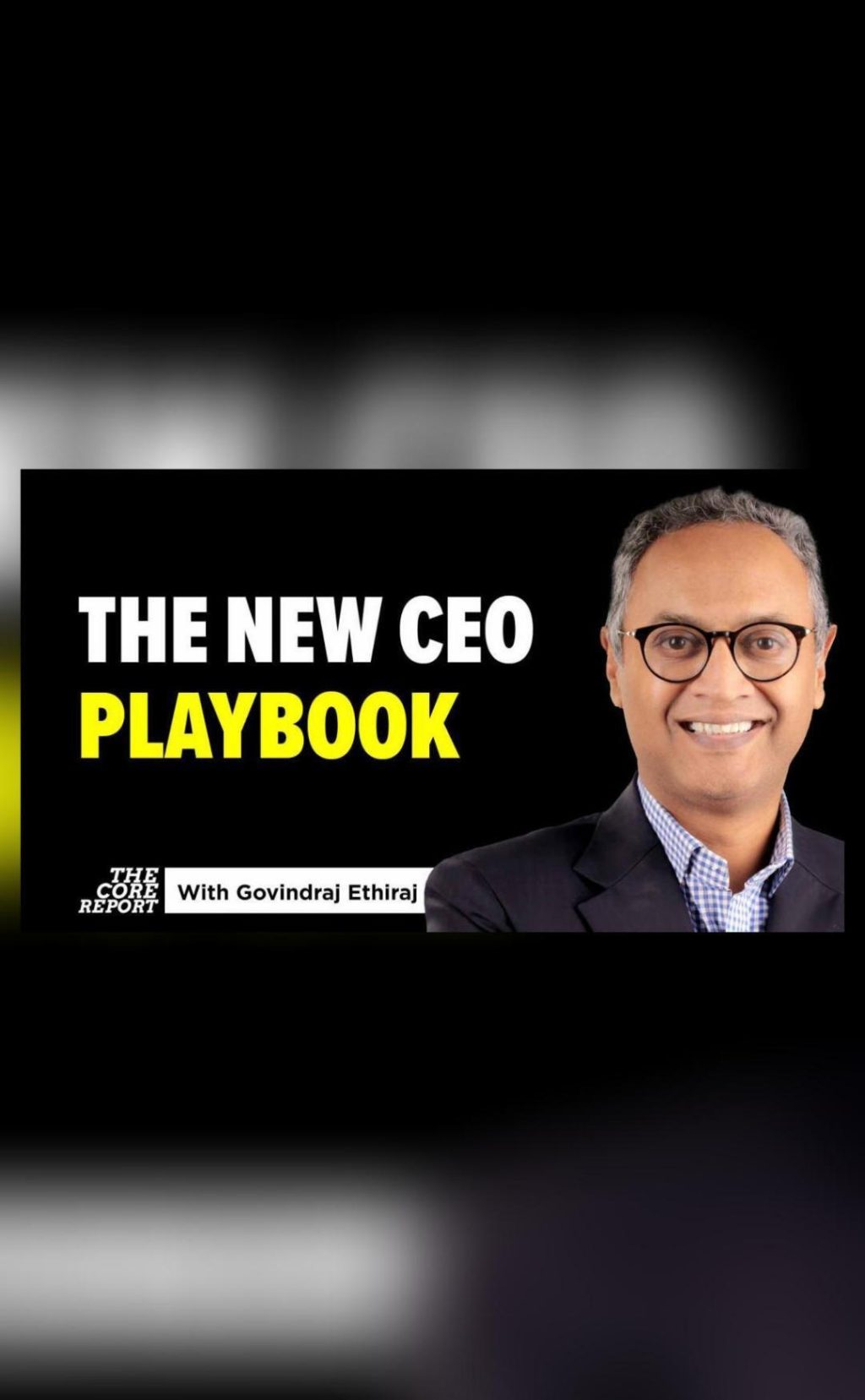
The New CEO Playbook: AI Pressures & Global Tariff Shocks
As the world continues to grapple with the complexities of technological disruption and global trade policies, CEOs are facing unprecedented challenges. The rise of Artificial Intelligence (AI) is reshaping industries, forcing companies to innovate and automate to remain competitive. Meanwhile, the implementation of tariffs and shifting trade policies is disrupting global trade, leaving businesses scrambling to adapt.
In this new era of uncertainty, CEOs must rethink their strategies and operations to stay ahead of the curve. With no guarantee of stability, companies are being pushed to localize, adapt, and reconsider long-held business models. In this blog post, we’ll explore the new CEO playbook, examining the pressures of AI and global tariff shocks, and providing insights on how business leaders can navigate these challenges.
AI Pressures: The Need for Innovation and Automation
Artificial Intelligence is transforming the way businesses operate, from customer service to supply chain management. As AI adoption accelerates, companies that fail to keep pace risk being left behind. CEOs must prioritize innovation and automation to stay competitive, but this requires significant investments in technology, training, and talent.
The pressure to innovate is particularly acute in industries that are experiencing significant disruption, such as healthcare, finance, and transportation. AI-powered solutions are revolutionizing these sectors, forcing companies to rethink their business models and operational strategies.
For example, healthcare providers are using AI-powered diagnostics to improve patient outcomes and reduce costs. Meanwhile, fintech companies are leveraging AI to provide personalized financial services and streamline transactions. In the transportation sector, autonomous vehicles are being tested, promising to transform the way we move goods and people.
Global Tariff Shocks: The Impact on Trade and Business
The implementation of tariffs and shifting trade policies is creating uncertainty and volatility in global trade. The ongoing trade war between the United States and China, as well as the UK’s withdrawal from the European Union, are just a few examples of the complexities facing businesses.
Tariffs are increasing costs, forcing companies to absorb higher prices or pass them on to consumers. This is particularly challenging for industries that rely heavily on global supply chains, such as manufacturing and retail.
The impact of tariffs is not limited to trade, however. They are also affecting investment, employment, and economic growth. As companies navigate these challenges, CEOs must prioritize risk management and diversification to mitigate the impacts of tariffs and trade policies.
The New CEO Playbook: Strategies for Success
So, how can CEOs navigate the pressures of AI and global tariff shocks? Here are some key strategies for success:
- Embrace AI: Invest in AI-powered solutions to improve operational efficiency, enhance customer experiences, and drive innovation.
- Diversify Supply Chains: Identify alternative suppliers and logistics providers to mitigate the impacts of tariffs and trade policies.
- Localize Operations: Consider localizing production and operations to reduce dependence on global supply chains and minimize the effects of tariffs.
- Rethink Business Models: Be prepared to adapt and evolve business models in response to changing market conditions and technological disruption.
- Prioritize Talent Development: Invest in training and development programs to ensure employees have the skills needed to thrive in an AI-powered economy.
- Foster Partnerships: Collaborate with peers, suppliers, and customers to share knowledge, reduce costs, and improve competitiveness.
- Monitor and Adapt: Stay informed about changing trade policies and market conditions, and be prepared to adapt business strategies accordingly.
Conclusion
The new CEO playbook is all about embracing change and adapting to the pressures of AI and global tariff shocks. By prioritizing innovation, diversification, and talent development, CEOs can position their companies for success in an uncertain and rapidly changing world.
As business leaders navigate these challenges, it’s essential to stay informed and agile. By following the strategies outlined in this post, CEOs can ensure their companies remain competitive, innovative, and resilient in the face of uncertainty.
News Source:






